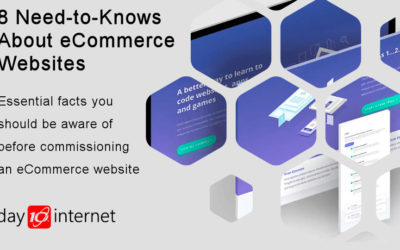Recently Google announced, what it described, as a “complete overhaul of its search algorithm”. Codeworded “Hummingbird”, the update is aimed at making search results much more relevant to users. Hummingbird seems to have created quite a stir so I though I would give you my take on it together with some practical advice.
What we know about the Hummingbird update is that it changes the way that web pages are ranked by Google, putting much more emphasis on what Google thinks the user intends to search for rather than simply searching on Keywords. Google uses the term “semantic search” but, for the purposes of this article, I will try to keep things simple.
If we look back five or six years ago, search engine optimization was all about keywords. Factors such as the ratio of keywords to overall word count on a page were critical for getting good page ranking, as were keywords in page headings and subheadings, and also keywords in links from other sites.
Over the past few years Google has made a number of changes, moving away from keyword focus towards making its search algorithm smarter at recognizing what the user intended to search for. The Hummingbird update is the latest of these changes.
So, if you own a small business, what should you do? Here’s my advice.
- Don’t get panicked into doing anything immediately. There has been a lot of hype about Hummingbird, much of which is misinformation. Providing your website has been made search engine friendly, it’s not likely to drop out of the Google listings in the short term.
- What you should be doing, if you’re not already, is improving and extending the content of your site. People will search using natural language phrases and sentences rather than keywords and your site will need to be able to provide the answers. A few pages with a list of products and services are not going to do that. The best way to improve your content is with a blog.
- If you’re a local trader with a small website, you probably don’t have the money or resource to invest developing lots of content to your site. In my opinion, that’s probably OK. Your site should continue to rank well for searches that include reference to the local area providing that it’s a relatively small area and there aren’t too many businesses competing with you in that area.
- Some sites will see a big change for the worst. Hummingbird will have the biggest impact on sites that have been extensively, and artificially, optimized around keywords. Needless to say, if you are contacted by search engine optimization companies offering this kind of work, don’t take them up. You’ll be wasting your money.
- Keywords will continue to be an important factor in SEO, but not to the extent that they used to be so don’t ignore this aspect completely. Ensure that each page of your site has a specific focus and that it is made search engine friendly for two or three relevant keywords. Remember, the key thing here is search engine friendly rather than heavily optimized for keywords.
- If you’re contacted by an SEO company offering to make your site “Hummingbird-proof”, don’t take them up. Not a great deal is known currently about Hummingbird other than what I’ve explained so no one is going to be able to guarantee this at the moment.
The bottom line is that internet search, particularly with Google, is changing and has changed already. Websites do need to recognize this and change to a more content rich style focused more on customers needs.
But don’t be stampeded by the hype into doing something immediately. Take things slowly, talk to your web developer, but also try to get opinions from other people as well particularly about the kind of content you should be including on your site.
In the future I’ll post more details about content and so-called content marketing.






